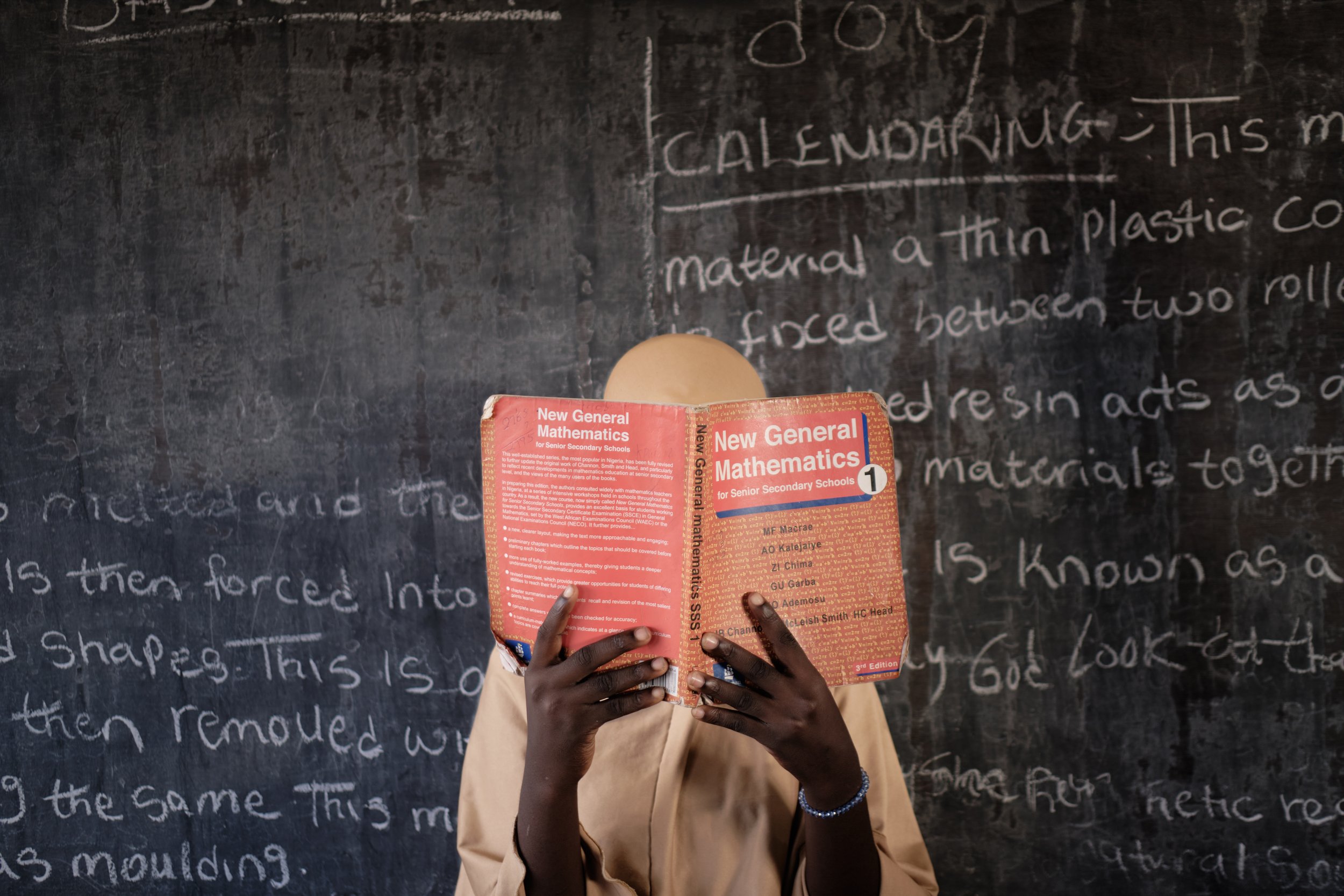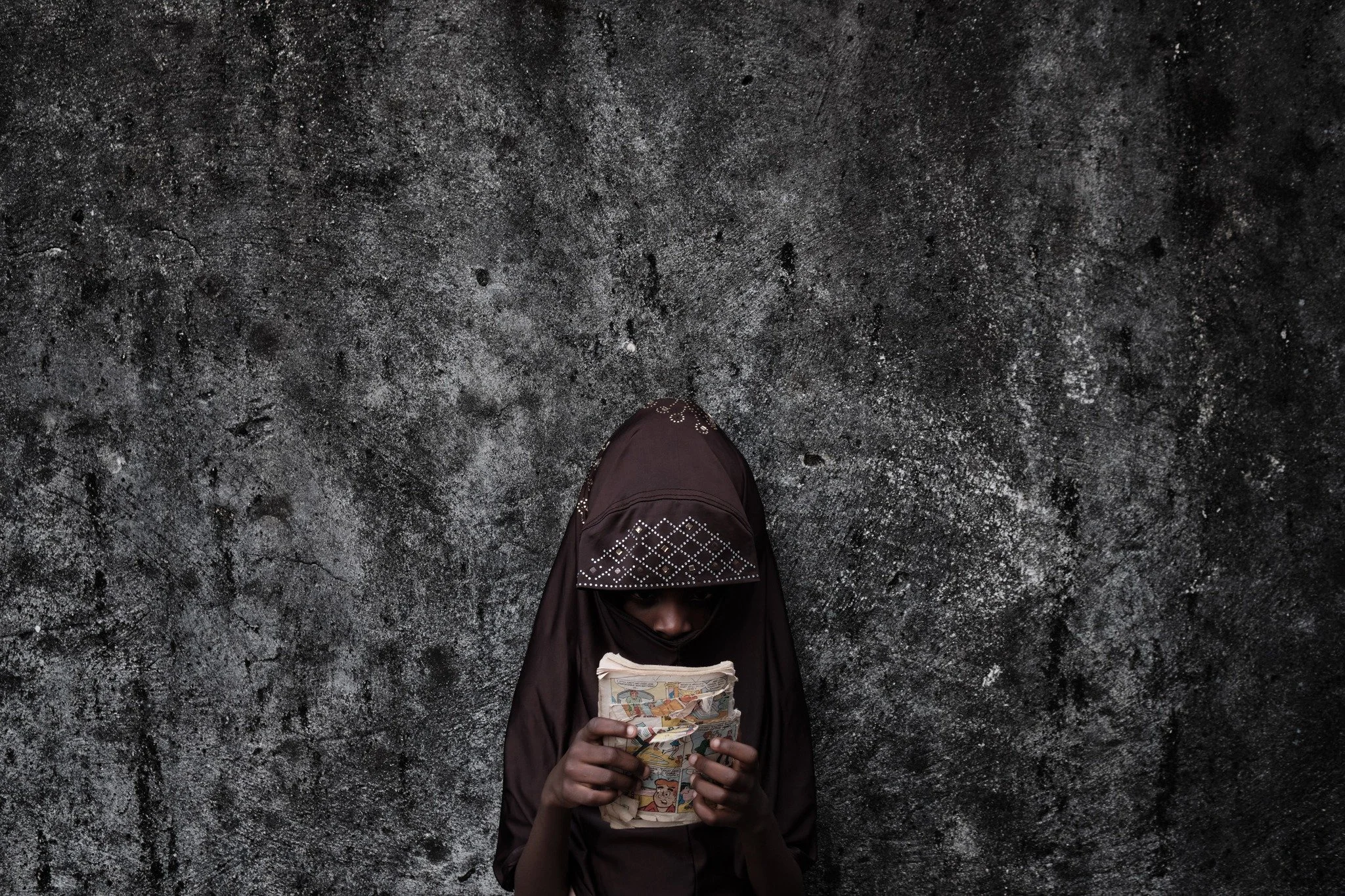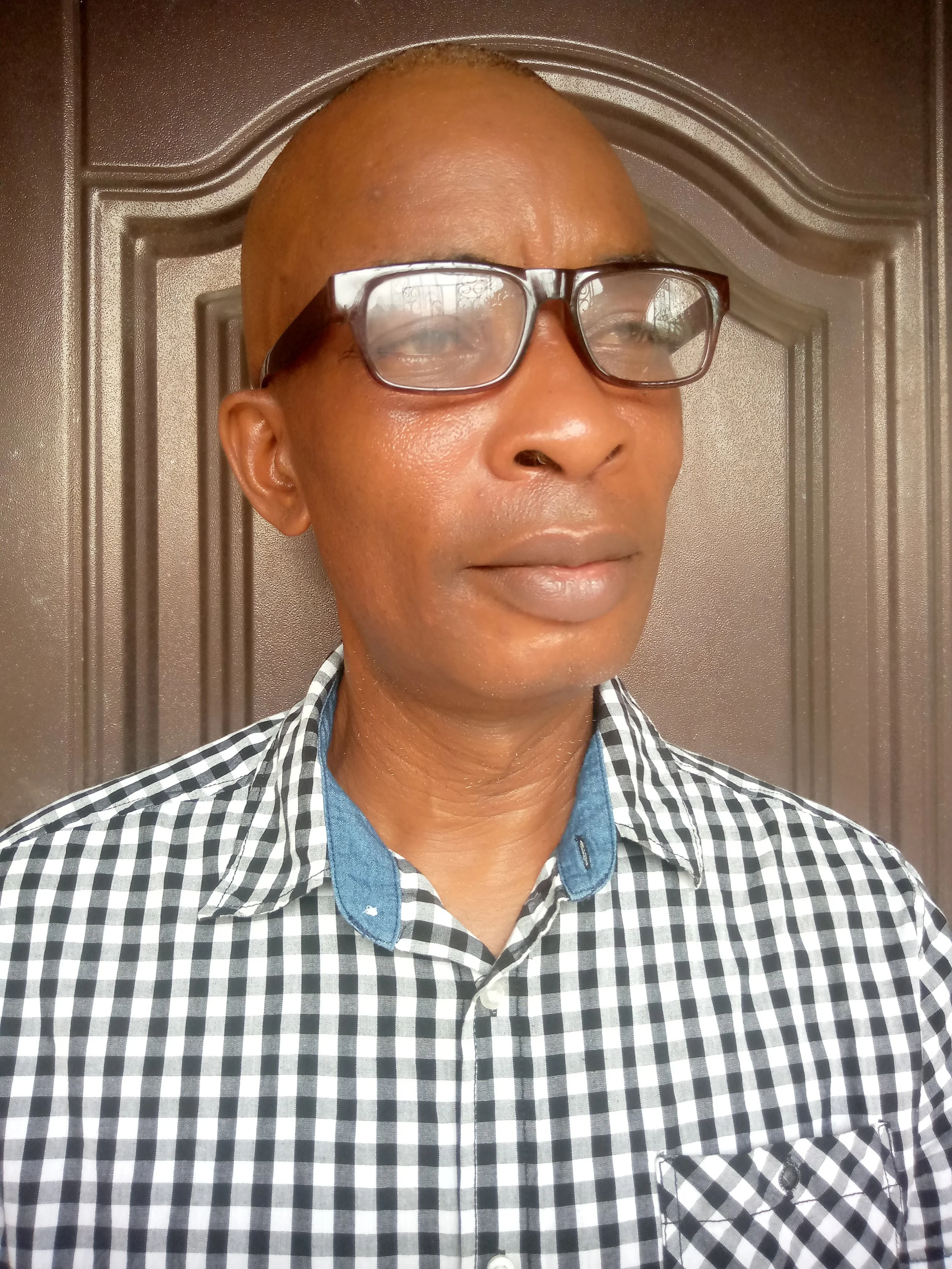Emeke Obanor: Childhood Interrupted
March 7th to April 11th, 2024
© Emeke Obanor
Childhood Interrupted includes two bodies of work by Nigerian photographer Emeke Obanor: HEROES and LEGAL RAPE.
HEROES: In 2014, 276 girls were abducted from a government school in Chibok, a town in Borno state, by Boko Haram, a terrorist group operating in northeast Nigeria. Boko Haram believes western education teaches girls independent thought, which is against Islam. While in captivity, many girls were raped, killed, or forced into marriage. All were subjected to daily radicalized speeches condemning secular education. Some girls gained freedom when the bombs strapped to their waists failed to detonate and surrendered to authorities, while others gained freedom after military raids or through government negotiations. Today, 98 Chibok school girls are still missing, and school abductions continue throughout the region.
LEGAL RAPE: According to UNICEF, one in four Nigerian girls are sexually assaulted before the age of eighteen. Along with nightmares, flashbacks, suicide thoughts and feelings of guilt, many victims suffer from chronic pain, intestinal problems, muscle cramps, and paralyzed vocal cord. Nigeria is a patriarchal and misogynistic country ruled and governed by men, who undermine the emotional trauma experienced by rape victims. Without a proper support system from families, society, or the government, many girls suffer in silence. As AJ said, “My counselor told me, surviving rape made me courageous and brave. But I disagree. I was courageous and brave before somebody raped me.”
These are their words and images.
Opening Reception
Thursday, March 7th, 6pm – 8pm



About the Artist, Emeke Obanor
Emeke Obanor [b. 1972, Delta State, Nigeria] is a self-taught photographer based in the oil-rich, but crisis-torn Niger Delta region of Nigeria. A literature teacher by day, he is committed to showing the world the atrocities happening to girls in his region by Boko Haram, a ruthless terrorist group operating in northeastern Nigeria. In 2014, they abducted 276 female students from a school in the town of Chibok, and many are still missing. In captivity, the girls were radicalized against western education, a system that contributes to independent thinking, and is against Boko Haram’s view of Islam. Some girls gained freedom when they failed to detonate bombs that were strapped to their waists and surrendered to security authorities, while some gained freedom after military raids in their camps. But in the face of unimaginable terror, Islamic extremism, and gender bias, many of the young girls decided to pursue a western education when they regained their freedom. "We were abducted for the choice we made - to go to school," a young girl muttered.
Questions?
For questions about this exhibition, please contact André Ramos-Woodard,
Exhibitions and Programs Coordinator, at andre@hcponline.org or 713-529-4755, ext 16.


